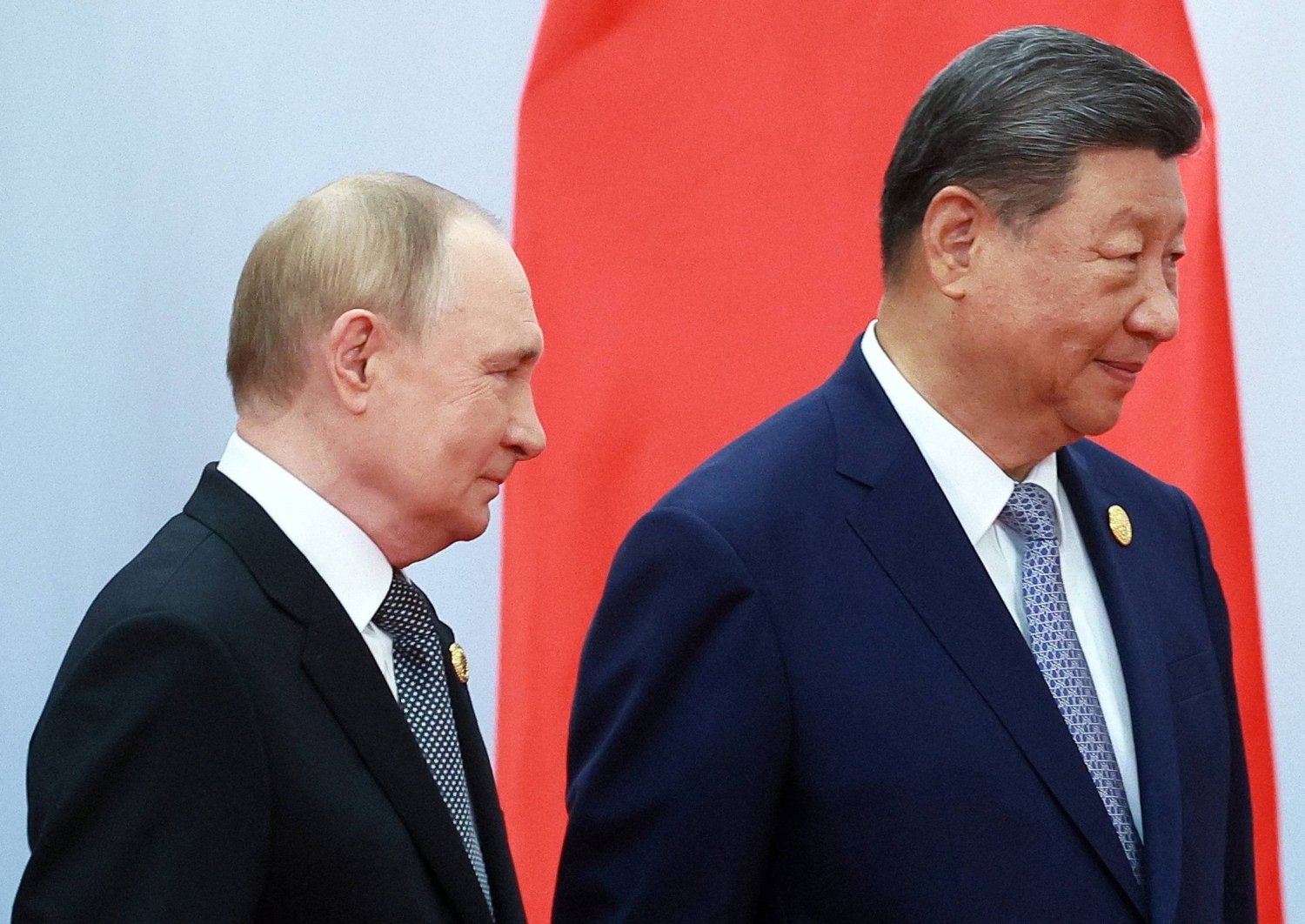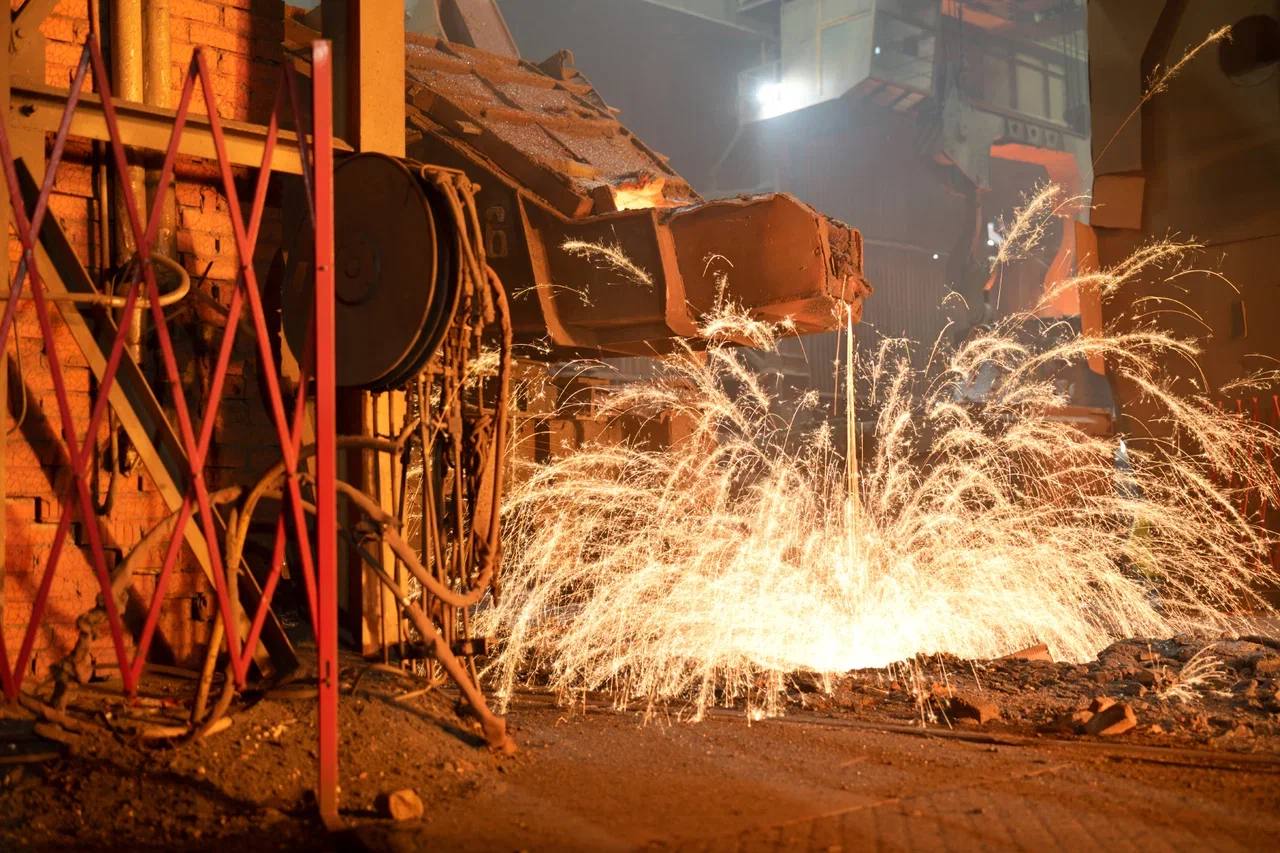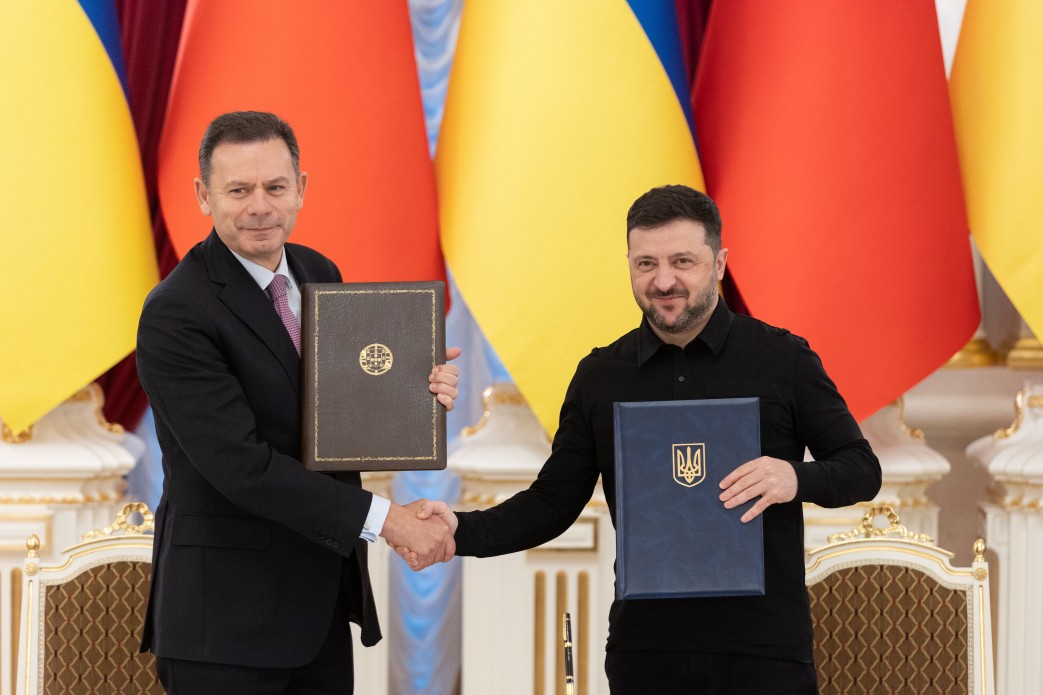Russia is sinking ever deeper into economic dependence on China. Resource projects in the Far East and Siberia are turning the region into a raw materials base for Beijing, while local communities are increasingly left without the promised benefits.
One key example is the Zashulanskoye coal deposit in the Trans-Baikal Territory, developed by a joint venture between Oleg Deripaska’s Russian company En+ Group and China’s Shenhua Group. The extraction is planned to last a hundred years, and Russian authorities have granted the company tax incentives. Starting in 2027, five million tons of coal are to be transported annually to China — about 500 truckloads per day.
A new highway is being built for this purpose, running just 200 meters from village gardens, 1.6 kilometers from the Yamorovka mineral water source, and through forests home to rare plant species. Despite promises, local residents have not received jobs: key positions are occupied by Chinese specialists. Meanwhile, the company is cutting down cedar forests, and bureaucratic obstacles are delaying attempts to reroute the road away from the protected area.
Dependence on China is also evident in tourism. The Irkutsk region is actively developing routes for Chinese visitors; entrepreneurs from China are buying land and building hotels along Lake Baikal’s shores, pushing out local business owners and increasingly referring to the lake as “theirs.” It is estimated that up to two million Chinese citizens now live in Russia’s Far East.
Thus, even the symbol of Russia’s natural wealth — Lake Baikal — is gradually becoming part of China’s economic sphere of interest, highlighting how much control Moscow has lost over its own resource-rich regions.






















